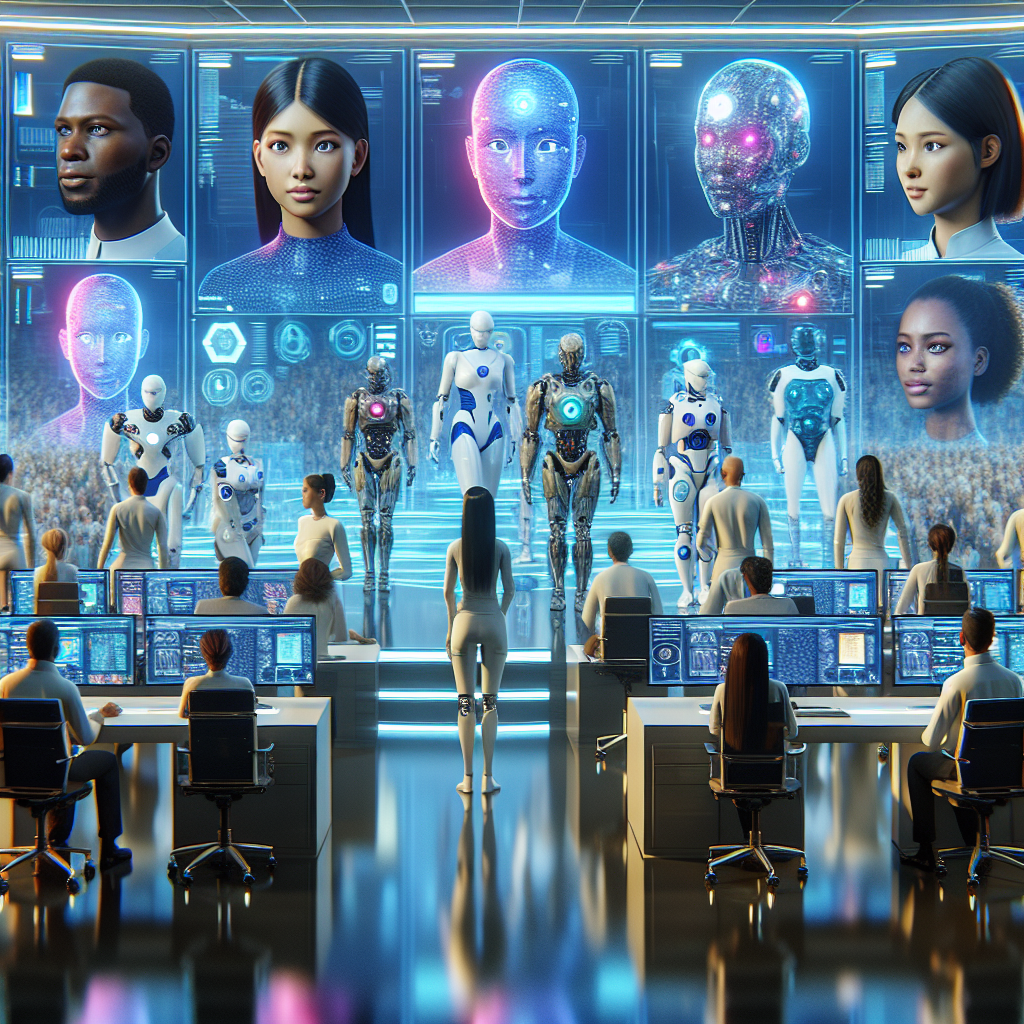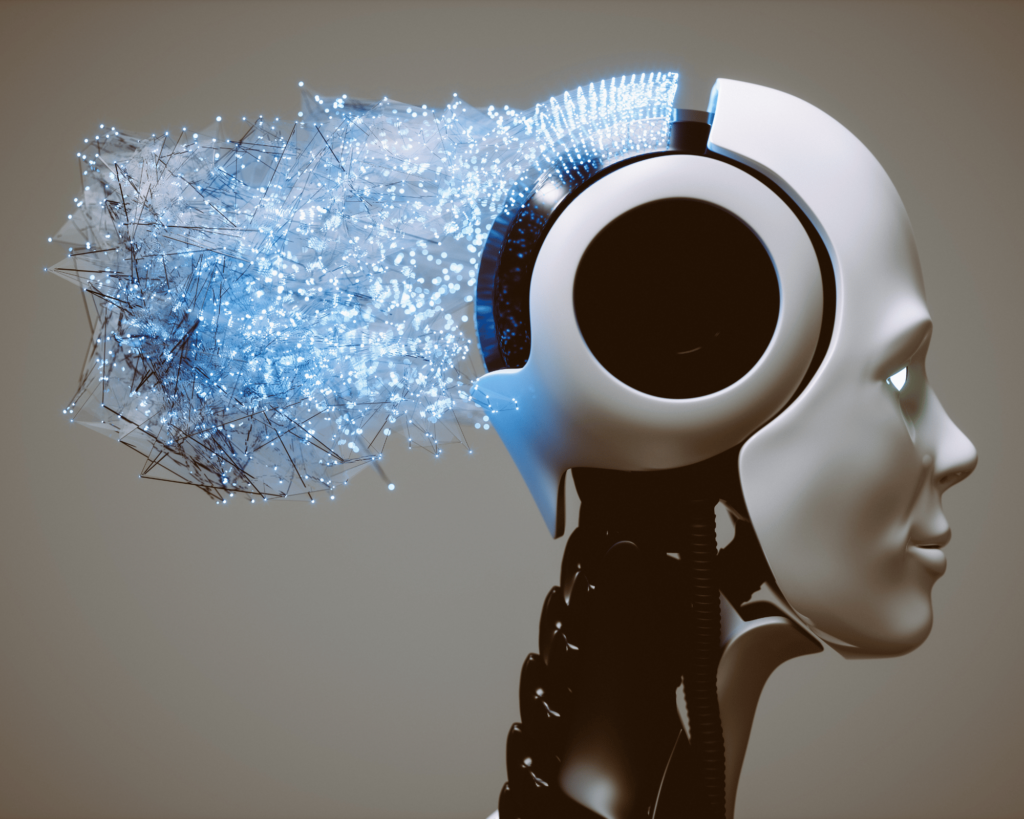Hey there! If you’ve been hearing a lot about AI in cybersecurity lately, you’re not alone. It’s a hot topic with plenty of buzz. But is AI a friend or a foe when it comes to protecting our digital world? Let’s dive into some common questions to find out.
What Exactly Is AI in Cybersecurity?
Great question! In a nutshell, Artificial Intelligence (AI) in cybersecurity involves using algorithms and models to detect, predict, and respond to cyber threats. Instead of relying solely on human intervention, AI systems can process vast amounts of data and uncover patterns that might indicate a breach or attack.
Is AI Effective in Detecting Cyber Threats?
Absolutely, but like all tools, it’s not without its drawbacks. AI excels at:
- Behavioral analysis: Monitoring user behavior to spot anomalies.
- Pattern recognition: Detecting patterns that humans might miss.
- Real-time alerts: Providing instant notifications when it senses trouble.
However, AI models are only as good as the data they are trained on. They can sometimes generate false positives, flagging legitimate actions as threats.
Can AI Replace Human Cybersecurity Experts?
Not quite. Think of AI as a powerful sidekick rather than a replacement. While AI can handle repetitive tasks and analyze large data sets faster than humans, it lacks the creativity and critical thinking skills that human experts bring to the table. The best strategy is a blend of AI-driven tools and human ingenuity.
How Does AI Help in Preventing Cyber Attacks?
AI plays a proactive role in cybersecurity by:
- Predicting threats: Using historical data to guess the types of attacks that might occur.
- Automating responses: Quickly isolating compromised systems to prevent the spread of malware.
- Improving over time: Learning from each incident to strengthen future defenses.
What Are the Risks Associated with AI in Cybersecurity?
With great power comes great responsibility. Some concerns include:
- Bias in algorithms: If the training data is biased, the AI’s decisions will be too.
- Over-reliance on automation: Relying too much on AI could lead to complacency.
- Adversarial attacks: Cybercriminals can also use AI to learn how to bypass AI defenses.
So, Is AI in Cybersecurity a Friend or a Foe?
The verdict? Mostly a friend, but with a cautious approach. When used correctly, AI can be a game-changer in identifying and stopping threats faster than ever before. However, it’s essential to combine AI with human expertise and remain vigilant about potential pitfalls.
Intriguingly, the world of AI in cybersecurity is always evolving. By staying informed and adaptable, we can harness AI’s benefits while mitigating its risks. Thanks for reading, and stay cyber-safe!


